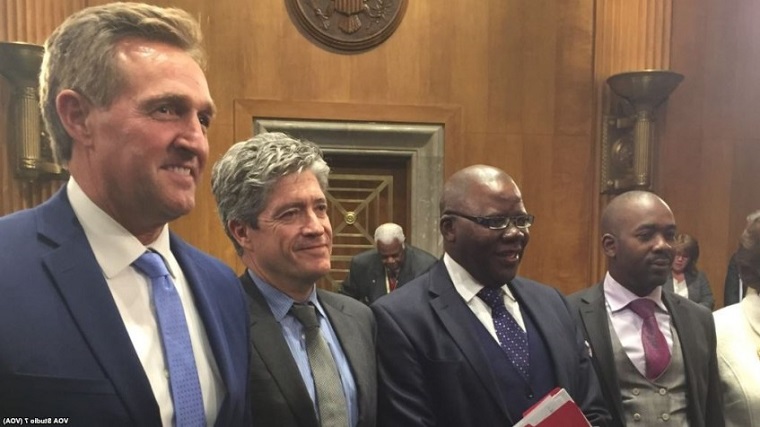Parliamentary recalls were enshrined in the 2013 constitution at the behest of the opposition, especially the Morgan Tsvangirai-led MDC as it was the one which had been losing members when they walked away with their seats after splitting from the party.
This was particularly significant in the first split on 2006 which saw the faction led by Welshman Ncube, which elected Arthur Mutambara as its leader, walked away with the majority of seats in Parliament only to lose almost all remaining with only 10 in the 2008 elections.
The same catastrophe was prevented when Tendai Biti, who is losing his seat for the second time under the new law, and Elton Mangoma ,split from the MDC-T to form their own parties.
Under section 129 of the constitution which addresses the tenure of a seat by a Member of Parliament:
Subsection K states that one loses his or her seat: “if the Member has ceased to belong to the political party of which he or she was a member when elected to Parliament and the political party concerned, by written notice to the Speaker or the President of the Senate, as the case may be, has declared that the Member has ceased to belong to it;”
While the MDC-Alliance has been arguing that current legislators were elected under the Alliance ticket, the Alliance is not a political party but a coalition of seven political parties.
Biti was recalled by his own People’s Democratic Party because it said he had ceased to belong to the party.
The constitution even says that if someone is elected as an independent but joins a political party after that, he or she loses her seat.
Subsection L states one loses one’s seat: “if the Member, not having been a member of a political party when he or she was elected to Parliament, becomes a member of a political party.”
(101 VIEWS)


